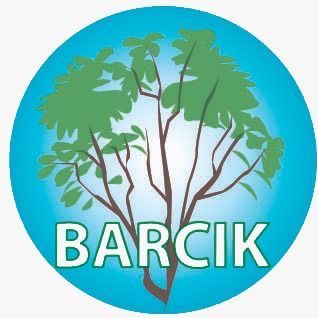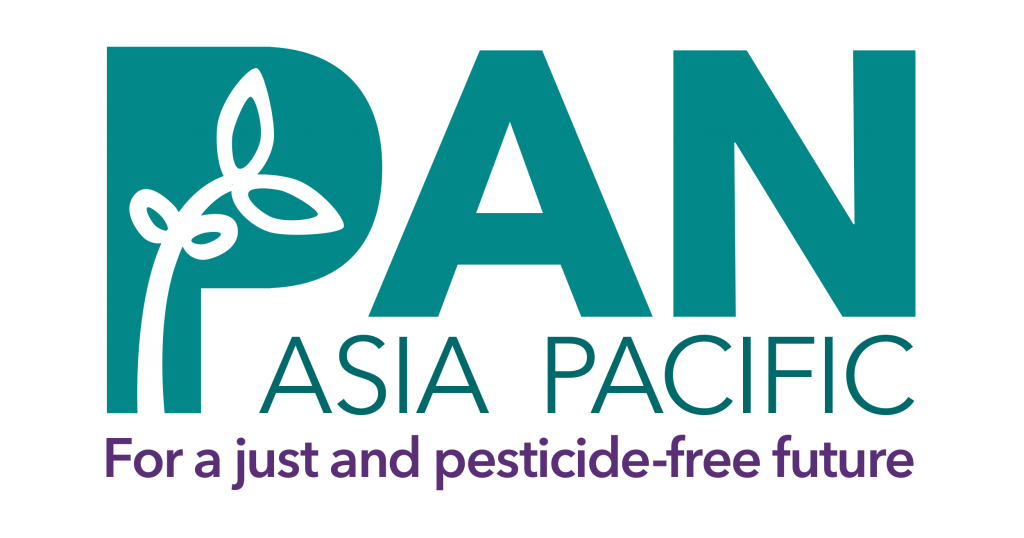Partners
Bangladesh
Bangladesh Resource Center for Indigenous Knowledge (BARCIK)
 The Bangladesh Resource Center for Indigenous Knowledge (BARCIK) is a non-profit organization founded in 1997 that focuses on environmental and developmental issues. It incorporates indigenous knowledge into modern development programs and promotes its importance through research and education. BARCIK’s multidisciplinary team works to empower local and indigenous communities. The organization is currently developing the BARCIK Institute for Applied Studies (BIAS) to foster dialogue and research in ethnography and other disciplines. BIAS is registered as a non-profit trust to support this mission.
The Bangladesh Resource Center for Indigenous Knowledge (BARCIK) is a non-profit organization founded in 1997 that focuses on environmental and developmental issues. It incorporates indigenous knowledge into modern development programs and promotes its importance through research and education. BARCIK’s multidisciplinary team works to empower local and indigenous communities. The organization is currently developing the BARCIK Institute for Applied Studies (BIAS) to foster dialogue and research in ethnography and other disciplines. BIAS is registered as a non-profit trust to support this mission.
Shikkha Shastha Unnayan Karzakram (SHISUK)
 SHISUK, a national NGO established in 1994, focuses on community development and sustainable agriculture. It pioneered the Daudkandi model of floodplain aquaculture in 1997, a successful community-based enterprise initiative that earned national recognition and a SAARC Best Practice award. SHISUK is expanding this model to other regions with government support. Since 2009, it has also worked with FAO Bangladesh to promote food safety in aquaculture and agriculture, particularly in Daudkandi.
SHISUK, a national NGO established in 1994, focuses on community development and sustainable agriculture. It pioneered the Daudkandi model of floodplain aquaculture in 1997, a successful community-based enterprise initiative that earned national recognition and a SAARC Best Practice award. SHISUK is expanding this model to other regions with government support. Since 2009, it has also worked with FAO Bangladesh to promote food safety in aquaculture and agriculture, particularly in Daudkandi.
India
Pesticide Action Network India (PAN India)
 Pesticide Action Network (PAN) India, established in 2013, collaborates with PAN International to reduce the harmful impact of chemical pesticides on humans and the environment. The organization promotes sustainable farming practices, advocating for alternatives to toxic chemicals and supporting farmers in conserving traditional knowledge and agro-biodiversity. PAN India focuses on research, capacity building, and community mobilisation to encourage ecological agriculture, sustainable food systems, and a toxic-free lifestyle, while ensuring social and environmental justice.
Pesticide Action Network (PAN) India, established in 2013, collaborates with PAN International to reduce the harmful impact of chemical pesticides on humans and the environment. The organization promotes sustainable farming practices, advocating for alternatives to toxic chemicals and supporting farmers in conserving traditional knowledge and agro-biodiversity. PAN India focuses on research, capacity building, and community mobilisation to encourage ecological agriculture, sustainable food systems, and a toxic-free lifestyle, while ensuring social and environmental justice.
Thanal Trust
 Thanal, established in 1986, began as a nature conservation group and evolved into an environmental activist organization. It played a key role in banning Endosulfan in Kerala and globally, while promoting sustainable farming through initiatives like the Thanal Agroecology Centre and the Organic Bazaar. It also led national campaigns like the "Save our Rice" movement and the Zero Waste Campaign. Thanal continues to work on agroecology, disaster recovery, and innovative projects like Carbon Neutral Wayanad to mitigate climate impact and promote environmental sustainability.
Thanal, established in 1986, began as a nature conservation group and evolved into an environmental activist organization. It played a key role in banning Endosulfan in Kerala and globally, while promoting sustainable farming through initiatives like the Thanal Agroecology Centre and the Organic Bazaar. It also led national campaigns like the "Save our Rice" movement and the Zero Waste Campaign. Thanal continues to work on agroecology, disaster recovery, and innovative projects like Carbon Neutral Wayanad to mitigate climate impact and promote environmental sustainability.
Lao PDR
Sustainable Agriculture and Environment Development Association (SAEDA)
 SAEDA, founded in 1991 in Lao PDR, supports vulnerable communities by promoting sustainable agriculture, reducing pesticide risks, and conserving biodiversity. With 80% of the population relying on agriculture and half suffering from malnutrition, SAEDA focuses on improving skills, productivity, and environmental awareness. The organisation addresses challenges such as low agricultural yields, poor access to training, environmental degradation, and declining biodiversity in rural areas, aiming to foster sustainable agricultural practices and better livelihoods.
SAEDA, founded in 1991 in Lao PDR, supports vulnerable communities by promoting sustainable agriculture, reducing pesticide risks, and conserving biodiversity. With 80% of the population relying on agriculture and half suffering from malnutrition, SAEDA focuses on improving skills, productivity, and environmental awareness. The organisation addresses challenges such as low agricultural yields, poor access to training, environmental degradation, and declining biodiversity in rural areas, aiming to foster sustainable agricultural practices and better livelihoods.
Vietnam
Research Centre for Gender, Family and Environment in Development (CGFED)
 CGFED, a Vietnamese non-profit founded in 1993, focuses on social sciences, with a particular emphasis on gender, family, and environmental development. It uses a human rights framework, specifically CEDAW, to promote gender equity and freedom. Its activities include action research, media work, policy advocacy, community support projects, training, and professional advice. CGFED seeks to inspire gender equality through diverse research approaches, innovative idea exploration, and engagement with communities.
CGFED, a Vietnamese non-profit founded in 1993, focuses on social sciences, with a particular emphasis on gender, family, and environmental development. It uses a human rights framework, specifically CEDAW, to promote gender equity and freedom. Its activities include action research, media work, policy advocacy, community support projects, training, and professional advice. CGFED seeks to inspire gender equality through diverse research approaches, innovative idea exploration, and engagement with communities.
Centre for Sustainable Rural Development (SRD)
 The Centre for Sustainable Rural Development (SRD), founded in 2006, works to improve livelihoods and promote sustainable resource management for disadvantaged communities in Vietnam. Drawing from 28 years of CIDSE experience, SRD focuses on areas like sustainable agriculture, climate change adaptation, disaster risk reduction, and supporting marginalised groups. It has implemented 89 projects across 42 provinces, contributing to poverty alleviation, environmental protection, and capacity building. SRD is a key player in networks addressing climate change, forest governance, and trade agreements like the EVFTA.
The Centre for Sustainable Rural Development (SRD), founded in 2006, works to improve livelihoods and promote sustainable resource management for disadvantaged communities in Vietnam. Drawing from 28 years of CIDSE experience, SRD focuses on areas like sustainable agriculture, climate change adaptation, disaster risk reduction, and supporting marginalised groups. It has implemented 89 projects across 42 provinces, contributing to poverty alleviation, environmental protection, and capacity building. SRD is a key player in networks addressing climate change, forest governance, and trade agreements like the EVFTA.


